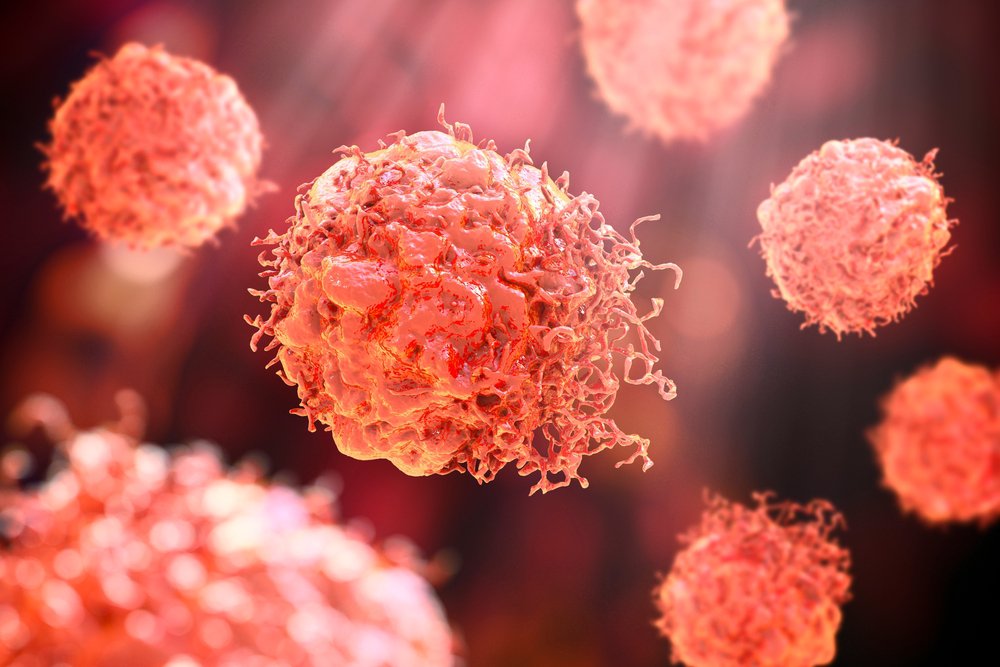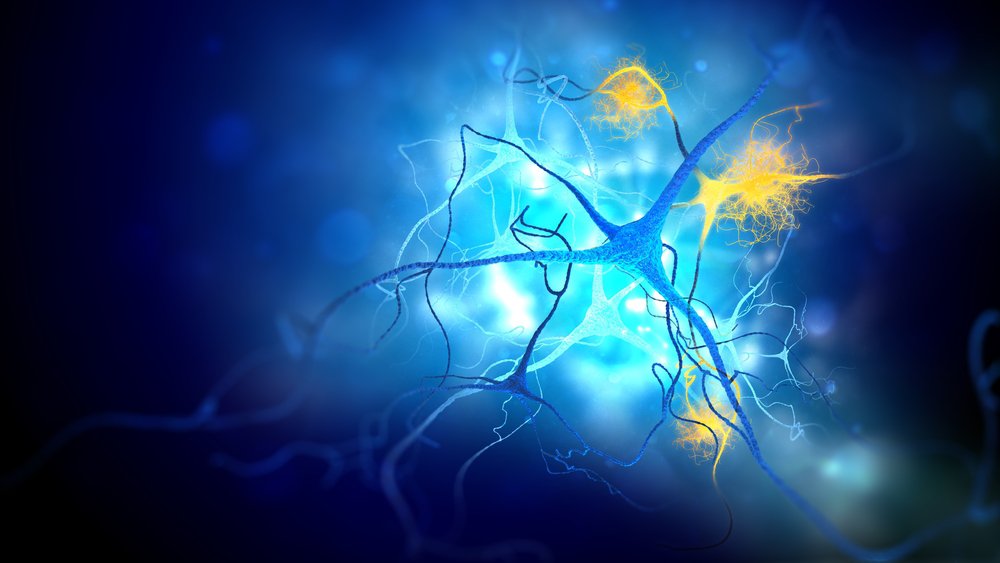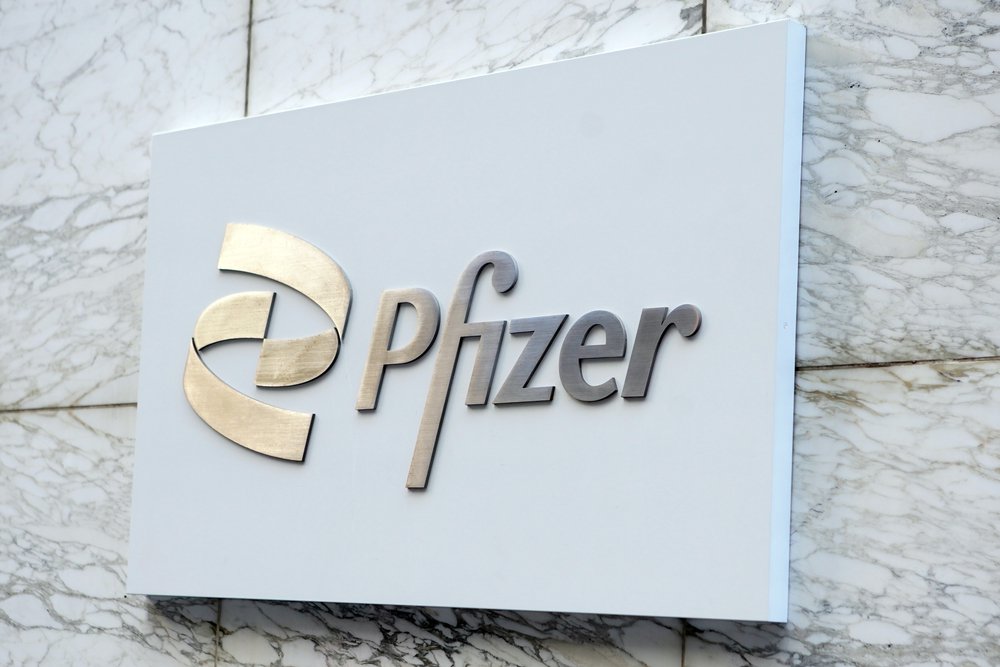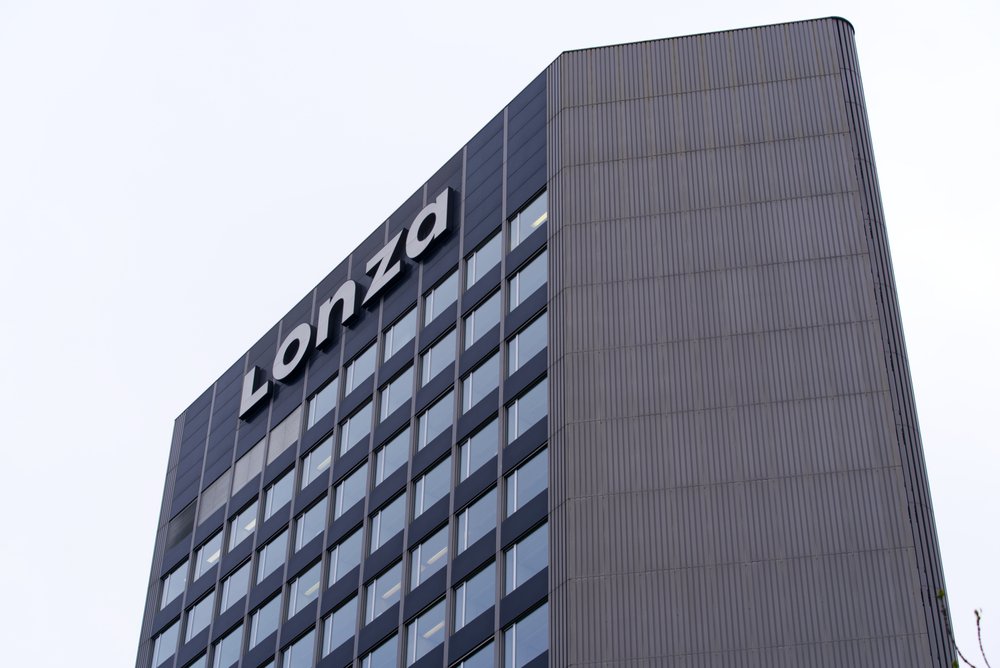Transgene and NEC Corporation have announced that new data will be presented on TG4050, an individualised neoantigen cancer vaccine, at the American Association for Cancer Research (AACR) Annual Meeting in San Diego, CA. These data are highlighted in the AACR press conference being held today and in a poster presentation which will take place tomorrow, April 10, at 9:00 am PDT.
TG4050 is based on Transgene’s myvac platform and powered by NEC’s cutting-edge AI capabilities designed to optimise antigen selection.
Key findings of the poster include:
- All 16 patients who received TG4050 are disease free after a median 18.6 months follow up. Out of the 16 patients in the control observation arm, 3 patients have relapsed. For this head and neck cancer patient population and with current standard of care (chemoradiotherapy), approximately 40% of patients are expected to relapse within 24 months following surgery and adjuvant therapy. Also, the tumour immune contexture, expression of immune factors, mutational burden, and tumour infiltrates are associated with challenging prognoses.
- Specific cellular immune responses were detected in the 16/17 patients who received TG4050 (16 patients of the treatment arm and one patient from the observation arm treated after relapse) using stringent testing conditions. Immunogenicity or the capacity of treatment to induce immune response is key to prevent relapses.
- TG4050 induced persistent immune responses against multiple targets in several patients. T cell responses were maintained beyond 211 days (7 months) after the initiation of the treatment. The duration of the immune response is also a key factor to fight disease over the time.
Alessandro Riva, Chairman and CEO of Transgene, commented: “We are honoured by AACR’s interest in the Phase I data generated from our individualised cancer vaccine TG4050. It is exciting to note that all patients who received TG4050 are in remission still and remain disease-free after a median follow up of 18.6 months, which compares favourably to the observational arm which saw 3 out of 16 patients relapse during the same period. More importantly, almost all treated patients developed a specific immune response against the antigen targets we selected, providing robust proof of principle for our lead candidate. TG4050 is starting to show a potential benefit for head and neck cancer patients at high risk of relapse. We look forward to starting the Phase II part of the trial in the adjuvant setting for head and neck cancer.”
Masamitsu Kitase, Corporate SVP and Head of the Healthcare and Life Sciences Division at NEC, concluded: “Our state-of-the-art proprietary artificial intelligence and machine learning models have allowed us to identify immunogenic and clinically relevant mutations in all head and neck cancer patients for this TG4050 randomised Phase I trial. These tumours were characterised by a low tumour mutation burden, which presents an obstacle to designing a relevant vaccine. Our powerful platform enables us to identify mutations for individualized treatments which have now shown the first signs of clinical benefit for patients. Together with Transgene, we look forward to continuing to build on these promising data though our planned Phase II trial in the adjuvant treatment of head and neck cancer.”
TG4050 is being evaluated in a randomised multicentre Phase I/II trial as a single agent in the adjuvant treatment of HPV-negative head and neck cancers. Based on promising data obtained in the Phase I part of the trial (NCT04183166), Transgene and NEC are preparing a randomised Phase II extension of this trial slated to start in the second quarter of 2024.


.jpg?cb=1cb0939736dcf2442302e7822c334f6a&w=1200)


